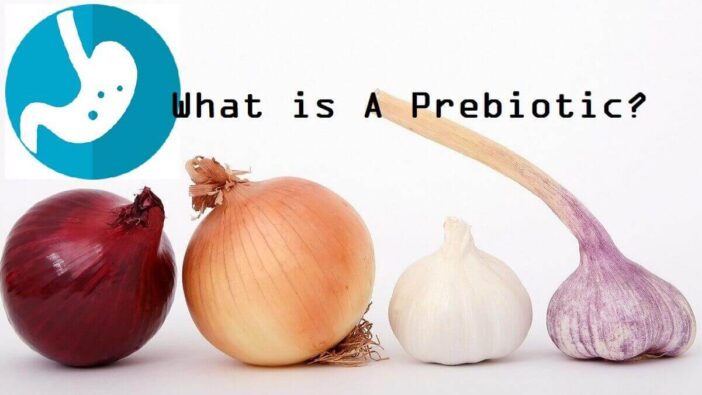
Prebiotics are inseparable from probiotics. The prebiotic benefit is that it supports the performance of probiotics. The difference between the two lies in its function. Prebiotics are inseparable from probiotics. The prebiotic benefit is that it supports the performance of probiotics. What is A Prebiotic? Here are The Definition, Benefits, and Foods that contain prebiotics
People are generally more familiar with probiotics that are in yogurt and fermented foods and beverages than prebiotics. Whereas probiotics and prebiotics are two things that are important for digestion.
Probiotics and prebiotics are one entity that complements each other. Although it sounds similar, the difference between probiotics and prebiotics is not limited to the difference of one letter only.
The role of prebiotics is different from probiotics because basically prebiotics are supporters of probiotics in order to perform their duties well.
What is A Prebiotic?
Although the term “prebiotic” is fairly new (coined in 1995), prebiotics themselves are nothing new.
Prebiotics are an inso digestible form of fiber found in some (but not all) fruits, vegetables, and starches.
They act as a food source for friendly bacteria in the gut. It is important to note that although every prebiotic is a fiber, not every fiber is prebiotic.
To be considered “prebiotic” in nature, fiber must meet the following criteria:
- Protects digestion and absorption in the upper gastrointestinal tract
- Fermented by the intestinal microflora
- Selectively stimulates the growth or activity of friendly gut bacteria.
What are prebiotic benefits?
Consuming prebiotics can increase the amount of good bacteria in the gut and become an intake for probiotics. If probiotics in the gut improve then the digestive system becomes healthy. When you consume it from foods high in fiber, the work of the intestines will be easier and digested smoother.
By having a healthy digestion, you will increase the metabolism of the body and increase the absorption of calcium because healthy digestion is also very influential by the maximum absorption of nutrients in the food consumed.
When food nutrients are absorbed by digestion perfectly, the body gets the necessary intake to maintain immunity. Prebiotics can also help the digestion of carbohydrates that are processed into energy to support you in undergoing activities.
In addition, prebiotics can reduce inflammation and sensitive stomach symptoms, lower heart disease risk factors, and prevent the growth of bad bacteria that can trigger indigestion.
What is A Prebiotic food?
To get prebiotics in your life, you can find them in a variety of different ways.
You can take supplements for them. There are many supplements out there that contain the prebiotics you need to start the process of improving your intestinal health.
The most popular way to get prebiotics is through your daily diet. Prebiotics are available in many different foods.
Remember, prebiotics are fiber, which is something that everyone needs. Most people never eat enough fiber every day to help themselves.
You can get prebiotics in foods such as avocado, onion, grain, garlic, and leeks. These are a variety of foods that can be incorporated into your daily diet and it certainly isn’t too difficult.
You can also get prebiotics in vegetables and fruits. Tomato, kiwi, and apple are examples of good foods that give you the prebiotics you’re looking for.
Some of the foods that are filtered contain prebiotics as well. Foods such as cabbage have prebiotics, but they also contain probiotics.
Garlic and shallots
Garlic and shallots are rich in fiber and prebiotics. 6% Of onion fiber consists of natural prebiotics called fructooligosaccharides (FOS). Garlic and shallots act as prebiotics by promoting the beneficial growth of Bifidobacteria in the gut.
Prebiotics in onions also support the prevention of disease-triggering bacterial growth. Onions are also rich in flavonoid quercetin, which provides antioxidant and anticancer properties.
Leeks
Leeks come from the same family as onions and garlic. Most leeks are a source of soluble fiber, including prebiotics, which serves to keep the intestines healthy. Leeks contain up to 16% of inulin fiber, which is good for intestinal health. Thanks to its inulin content, leeks support the health of gut bacteria and help the breakdown of fats.
Almond
Almonds are low in carbohydrates, but rich in protein, healthy fats, and fiber. Almonds are rich in dietary fiber and a good source of prebiotics. Researchers have identified potential prebiotic properties in almonds that can help improve digestive health by increasing levels of beneficial gut bacteria.




